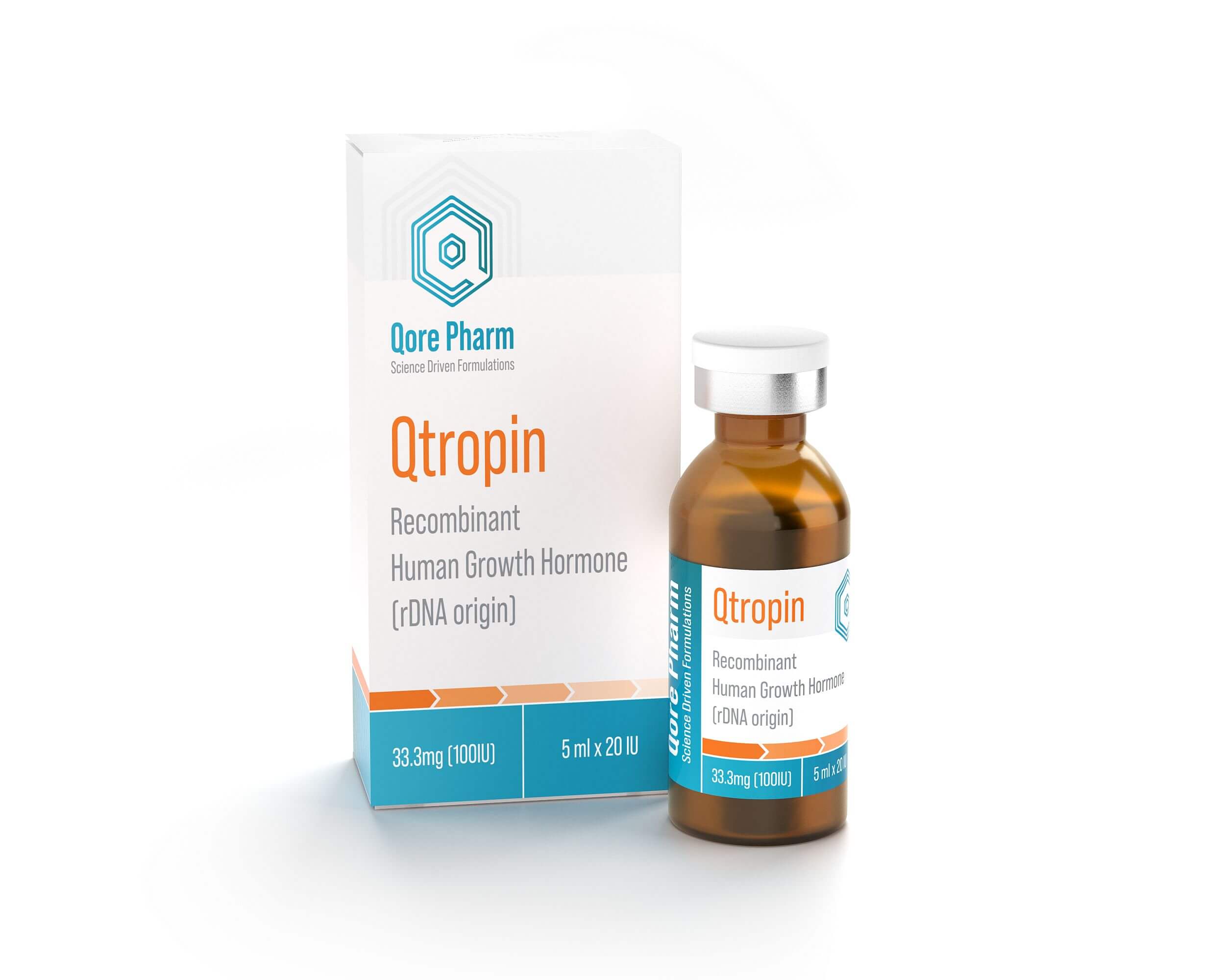Growth hormone can be used with good safety. However, there are possible adverse side effects, particularly with high dosing and especially with chronic high dosing.
GH use can cause insulin resistance, increase serum free fatty acids, and increase TNF-alpha, lipoprotein (a), and fibrinogen. These effects can act towards increasing cardiovascular risk.
Additionally, growth hormone use can cause carpal tunnel syndrome, tarsal tunnel syndrome, peripheral neuropathy, compressive myelopathy, water retention, and sleep apnea. Acne can be promoted. Prolactin can be increased. In women, hirsutism, menstrual irregularities or endometrial hyperplasia can occur.
Of these, the most consistent effect is insulin resistance. This can essentially be guaranteed at sustained higher doses.
Other possible adverse side effects of GH use include increase in skin tags, imbalance in phosphate levels, hypervitaminosis D, promotion of arthritis, and growth promotion of existing cancers or polyps.
Incidentally, while increase in skin tags could seem a minor thing, there’s a strong correlation between having more than 3 skin tags and having increased risk of colon polyps. Gaining skin tags, then, may be a warning sign.
Long term GH use giving levels comparable to those occurring naturally in acromegaly may yield the adverse consequences of that condition. These include diabetes, hypertension, heart disease, heart enlargement, joint thickening, arthritis, coarse facial features, enlargement of hands and feet, thick skin, darkened skin, chronic fatigue, impotence, increased rate of death from cardiovascular disease, increased rate of death from cancer, and a two to four times overall increase in mortality rate. Of course, in acromegaly high GH levels are experienced for years or decades on end, and not every person with the condition suffers all these effects.
With all this said, when used in moderation GH’s track record for safety in bodybuilding is good. Problems usually are limited to worsening of insulin sensitivity and, commonly, carpal tunnel syndrome or other neuropathies which usually are reversible on cessation of use.
Extreme use, especially over an extended period, likely carries significant health harms and risks.



